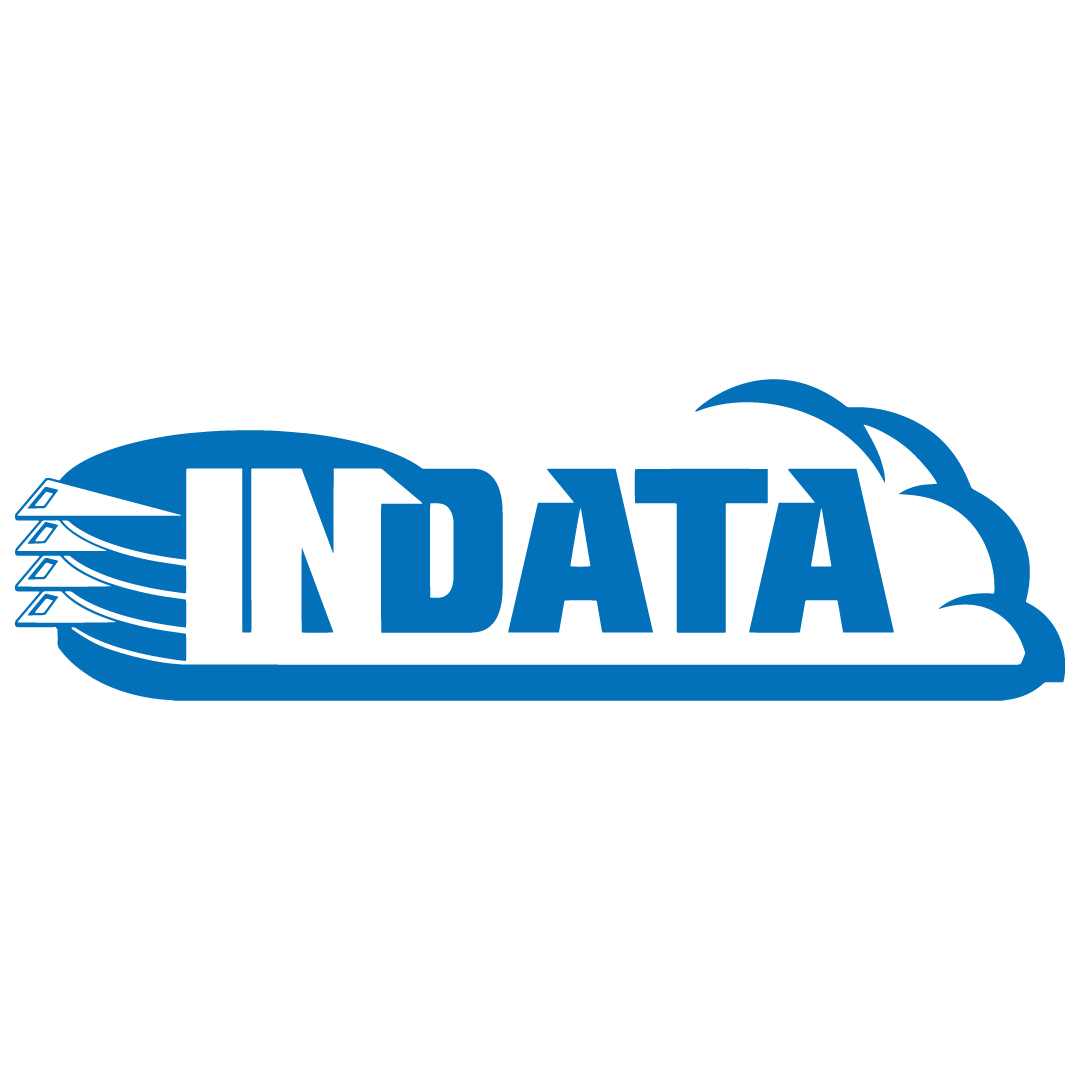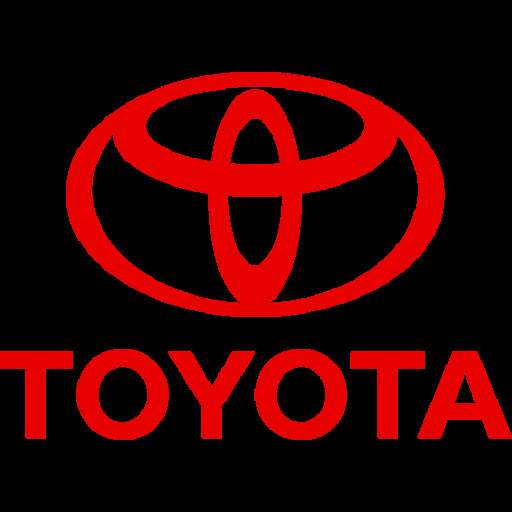How does a company respond to the challenge of remote work when they are already managing a major digital transition? Toyota Motor North America (TMNA) made the decision to move their original Microsoft Teams deployment schedule four months ahead, and as a result, thousands of TMNA employees migrated from Skype for Business to Teams over three weekends.
Toyota Motor North America Migrates 40,000 to Microsoft Teams in Three Weeks
Microsoft Teams Only mode included a superior audio conferencing and calling experience, including Teams Phone for external calls. Employees appreciate the dynamic emergency calling feature.
All meeting rooms are now Microsoft Teams ready. The company has seen an uptick in Teams usage as a result of the migration, with employees connecting across the globe to collaborate on projects and drive business outcomes.
“It was a very ambitious project,” said Craig Eisert, Vice President of IT and CIO at TMNA. “We had to move fast, but we also had to make sure that we did it right. We wanted to give our employees the best possible experience.”
The company’s IT department began planning the migration in late 2019 and decided to move ahead with an early 2020 deployment. “We had originally planned to deploy Teams in phases, but when the pandemic hit, we realized that we needed to accelerate our timeline,” said Eisert.
The company had to make sure that their employees were prepared for the switch, so they provided training and resources on how to use Teams. They also created a dedicated support team to help employees with any issues they might have.
The migration to Microsoft Teams went smoothly, and TMNA was able to provide its employees with a better way to collaborate and communicate. “We’re very pleased with how the migration went,” said Eisert. “It was a great success.”
The company is now looking to further improve their Teams deployment by adding more features and capabilities. “We’re always looking for ways to improve the user experience and make sure that our employees have everything they need to be productive,” said Eisert.
TMNA is a great example of a company that successfully responded to the challenge of remote work by accelerating their Teams deployment. By doing so, they were able to provide their employees with a better way to communicate and collaborate. This helped them to stay productive during a time when many companies were struggling.
Eisert decided to move the company’s original Teams deployment schedule four months ahead in order to provide employees with a better way to communicate and collaborate remotely. This enabled TMNA to successfully respond to the challenge of remote work and stay productive during a time when many companies were struggling.
The company had to make sure that employees were prepared for the switch, so they provided training and resources on how to use Teams.

